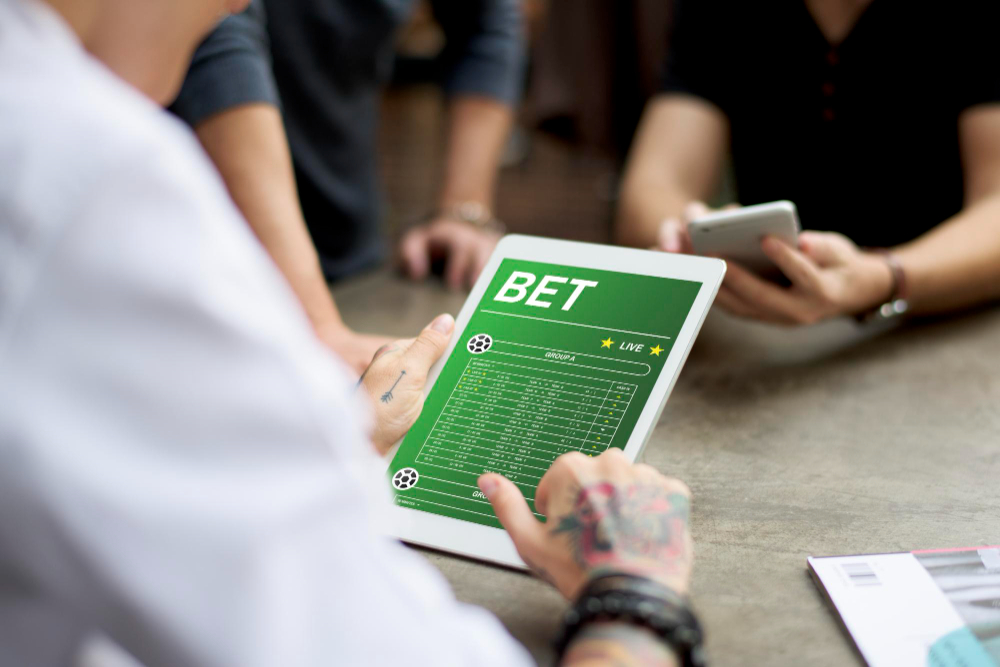Online betting combines skill, strategy, and mathematics, making it exciting for seasoned and novice players. Understanding odds and probability helps players make better-informed betting decisions. This guide will break down the key concepts, empowering bettors with the knowledge needed to improve their chances of winning.
What Are Betting Odds in Online Betting?
Betting odds represent the probability of an event happening in a given betting market. Bookmakers set these odds based on statistical data, historical trends, and expert analysis. Understanding these numbers helps bettors assess risk and potential rewards before placing wagers.
Odds come in three common formats: decimal (European), fractional (British), and Moneyline (American). Each format displays the likelihood of an event in a different manner. Knowing how to interpret odds is crucial when betting on sports, casino games, or esports.
Decimal, Fractional, and Moneyline Odds Explained
Decimal odds are popular in Europe, Australia, and Canada. They display the total return per unit stake. For example, an odd of 2.50 means a $10 bet returns $25, including the original stake. The higher the decimal number, the lower the probability of winning.
Fractional odds are widely used in the UK and show potential profit relative to the stake amount. If the odds are 5/1, a $10 bet returns $50 in winnings plus the original $10 stake. The first represents potential profit, while the second represents the wager.
Moneyline odds are the standard in the United States and display positive or negative values. A +200 means a $100 bet returns $200 in profit, while -150 requires a $150 bet to win $100. Learning these formats helps bettors compare odds across different platforms effectively.
How Probability Influences Betting Decisions

Probability determines the likelihood of an event occurring in any betting market. Bookmakers analyze statistics, trends, and expert insights to calculate the odds for each outcome. Players who grasp probability concepts can better evaluate bets and maximize potential profits.
The formula for probability is (1 ÷ decimal odds) × 100%, helping bettors determine their chances of winning. For example, decimal odds of 2.00 equate to a 50% probability, meaning the event occurs one out of two times on average. Lower odds indicate a higher probability, while higher odds suggest lower chances of winning.
Understanding implied probability allows bettors to compare bookmaker odds against real-world probabilities. Players can exploit betting opportunities with higher potential payouts if a sportsbook undervalues an outcome.
The Role of the House Edge in Online Betting
Every bookmaker incorporates a house edge, ensuring they make a profit over time. The house edge represents the built-in margin that slightly reduces potential payouts for bettors. Understanding this concept helps players make smarter wagers by avoiding unfairly high bookmaker margins.
For example, in roulette, the house edge on a European wheel is 2.7%, while an American wheel is 5.26%. This means the casino retains a small advantage, making it essential to choose bets with better odds and lower house edges.
Sportsbooks adjust odds based on betting trends, player wagers, and real-time game developments. By recognizing fluctuations in betting odds, bettors can identify value bets, where bookmakers undervalue potential outcomes.
Strategies to Improve Betting Success
Developing a betting strategy helps improve long-term success while reducing unnecessary risks. A smart bettor focuses on value betting, bankroll management, and understanding statistical trends.
A value bet occurs when the probability of an outcome is higher than the bookmaker’s implied odds. Spotting these discrepancies allows bettors to place profitable wagers over time. Researching teams, player stats, and market trends increases the likelihood of identifying value bets.
Effective bankroll management prevents reckless spending and prolongs betting longevity. Experts recommend wagering only 1-5% of total funds per bet, avoiding unnecessary losses from overexposure. Tracking bets, analyzing past wagers, and adjusting strategies based on results lead to smarter betting decisions.
Final Thoughts: Mastering Odds for Smarter Betting
Understanding betting odds and probability equips players with the knowledge to make informed wagering decisions. Players can improve their chances of long-term success by learning different odds formats, recognizing probability concepts, and using strategic betting techniques. Developing a disciplined betting approach ensures smarter gameplay while maximizing potential profits.

